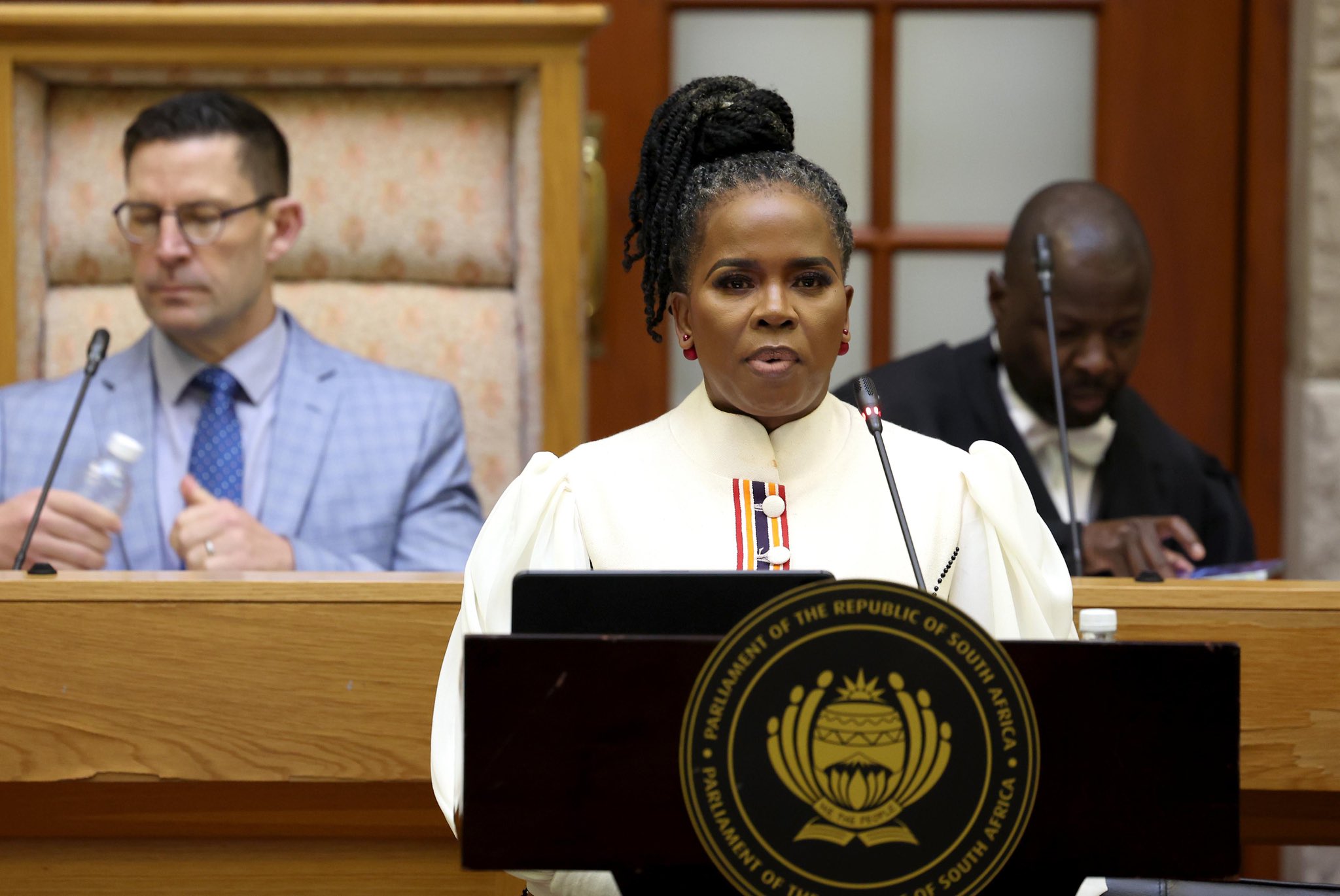Published
7 months agoon
By
zaghrah
The clock is ticking for South African businesses. With less than two months to go until the 1 September 2025 Employment Equity (EE) submission deadline, the Department of Employment and Labour is urging designated employers to get their houses in order or risk falling foul of the country’s revised Employment Equity Amendment Act.
The department wrapped up a nationwide education drive this month, hoping to smooth confusion and offer clarity on what exactly companies need to do. But the message was clear: no more grace periods.
“We’ve engaged, we’ve explained, now it’s time to act,” said a department spokesperson.
The revised laws, which came into effect in January 2025, dramatically change South Africa’s employment equity landscape. Any business employing 50 or more people is now considered a designated employer and must:
Develop a five-year Employment Equity Plan,
Set targets aligned with national or regional demographic profiles, and
Submit the plan by 1 September 2025.
Smaller businesses, those with fewer than 50 employees are exempt from the law. This, the government says, is to ease the burden on entrepreneurs and promote job creation.
The EE Act aims to transform the workforce so that it mirrors South Africa’s racial, gender, and disability demographics. That means ensuring better representation of black South Africans (African, Coloured, Indian), women, and people with disabilities, the so-called designated groups.
Each sector, from mining to food services, has specific numerical targets. For instance:
In accommodation and food services, 56.7% of top management should be from designated groups by 2030.
At least 38.1% of that should be female.
Over 95% of technical and skilled positions should reflect designated groups.
White males, while not banned from employment, are excluded from the equity percentages and counted as the balance.
Not everyone is buying it.
Critics, including business lobbies Sakeliga and NEASA, are calling foul. They argue the targets are effectively racial quotas, unconstitutional, economically damaging, and impractical in a country still battling a skills crisis.
The two groups have launched legal action to stop the implementation of the new rules, asking the courts for:
An urgent interdict against the 1 September deadline,
A judicial review to potentially scrap the law entirely.
They argue that the law:
Was introduced without proper consultation,
Publishes “unrealistic” sector targets without industry input,
Ignores the skills gap in certain professions, and
Lacks economic impact studies to measure the potential fallout.
The Labour Department insists the targets aren’t quotas. According to them, companies have flexibility and may be exempted from meeting targets if they can prove:
No vacancies exist,
Relevant skills aren’t available, or
The business is facing financial or operational constraints.
Crucially, businesses aren’t allowed to fire staff just to meet targets. The idea, the department says, is to transform hiring gradually, through attrition and affirmative recruitment.
If you’re a designated employer and you don’t submit your EE Plan by 1 September?
You risk:
Penalties,
Fines,
Possible blacklisting from government contracts, and
Becoming the subject of a compliance inspection.
The government appears unwilling to backtrack, especially as it eyes this Act as central to its broader economic transformation agenda.
On social media, opinions are sharply split. Some South Africans support the tougher approach as long overdue.
“Twenty years after apartheid, we still don’t have representative workplaces. This is necessary,” one user wrote on X.
Others feel frustrated, citing fears that the policy may prioritise race over merit, or worsen brain drain.
“This is going to drive more skilled professionals out of the country,” another user warned.
For many businesses, this isn’t just another compliance box to tick. It’s a test of how far South Africa is willing to go to correct historical injustices and at what cost.
While the law is the law, the battle over its implementation, legality, and real-world effects is far from over.
For now, what’s certain is this: 1 September is coming fast and businesses that aren’t ready might find themselves on the wrong side of transformation history.
{Source: BusinessTech}
Follow Joburg ETC on Facebook, Twitter , TikTok and Instagram
For more News in Johannesburg, visit joburgetc.com


Big changes proposed for BEE in South Africa and what they mean now


How government missteps opened the door for illicit trade in South Africa


FNB CEO says South Africa’s economic outlook is quietly improving


Farmers say John Steenhuisen’s FMD response is not good enough


JSE hits record high as metal prices surge and the rand strengthens


Godongwana offers cautious relief to South African taxpayers ahead of the budget















